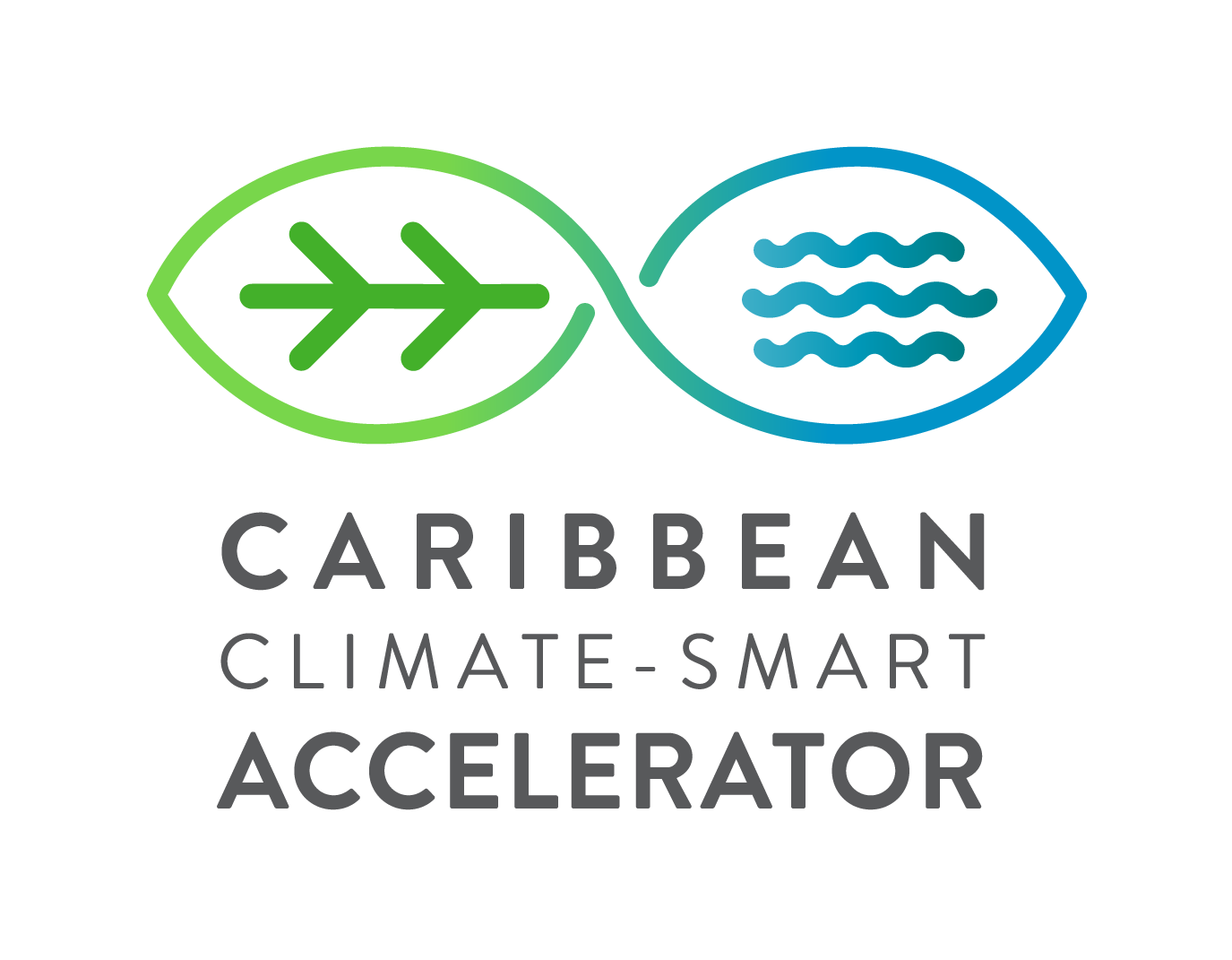October 13 is the International Day for Natural Disaster Reduction, and this year the call to action is clear: we must ramp up our resilience-building efforts. Hurricanes Fiona and Ian underscored the need for effective climate action, including a resolution once and for all on how Loss and Damage will be funded, ahead of the United Nations Climate Change Conference (COP27) happening in November. The estimated toll to date from Hurricane Ian alone is 67 billion USD. The alarming reality is that the cost along with the intensity of the storms keep rising and despite all efforts to build resilience the need for a Loss and Damage solution is real.
Caribbean nations are together proposing that we solve the issue of building resilience and mitigating climate change simultaneously using a single digit levy against oil and gas exports to fund Loss and Damage. Further capitalizing the Loss and Damage fund would function to help pay for the damage that fossil fuel inflicts while allowing all of us who use fossil fuels to begin to bear the true environmental cost up front. We’re looking at a single event costing over $67 billion with so far about $20 million USD pledged to Loss and Damage between Scotland, Wallonia, Belgium, Denmark and a few philanthropic institutions. What would be tremendous in tipping the scales in this discussion would be to garner support from the oil and gas producing companies in support of the levy or any solution. Realistically though, what is far more likely is that we are likely to see a barrage of lawsuits that force polluting industries to more directly deal with the outcomes of their environmental neglect.
Building resilience in communities susceptible to climate change requires a number of interventions including ramping up insurance coverage, using nature based solutions including mangroves, community involvement and engagement, creating clean and green jobs, all of which require significant and nuanced investment. The Caribbean should be viewed as a source of innovation, in addition to the recommendation on Loss and Damage, we’ve also collaborated on a resilience scorecard as a fundraising tool to support the region ability to scale solutions across multiple countries. The 2nd phase of the tool post pilot will find countries identifying the financial needs of the projects in order to attract investment or philanthropy to realize the vision of resilience. Commenting on the need for more financing in an article for the Mail & Guardian earlier this year, CCSA CEO Racquel Moses noted that, “Private finance can fill the commercial funding gap but far more philanthropy and bilateral grant funding is needed from larger nations which are responsible for, and have grown wealthy from, the carbon in our atmosphere. We need to unleash all of the solutions in our toolkits, including parametric insurance, carbon credits, impact investment and private sector innovation. In addition to stronger climate action to maintain a maximum of 1.5°C warming by 2100, decisions need to be made.”
The CCSA is actively seeking opportunities to work with donors and funders in the private sector in this regard including with family office impact investors. The CCSA is also engaged in educating private sector investors on the unique characteristics of the region to give them better perspectives for assessing risk. While organizations like the CCSA and local governments work towards future-proofing the region, there is also a need for a more sophisticated approach to climate finance considerations at an international level. As Barbados PM Mia Amor Mottley relayed at the UN General Assembly three weeks ago, there exists precedence for unlocking the financial commitment needed to support vulnerable communities.
The demand for exponential action by vulnerable communities must be at the forefront of COP27. Our collective voices should be amplified by the innovation, resilience, and adaptation we have already demonstrated. We hope that by the next International Day for Natural Disaster Reduction, we can celebrate the major milestones met since the last one.






